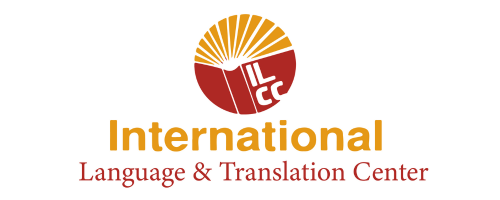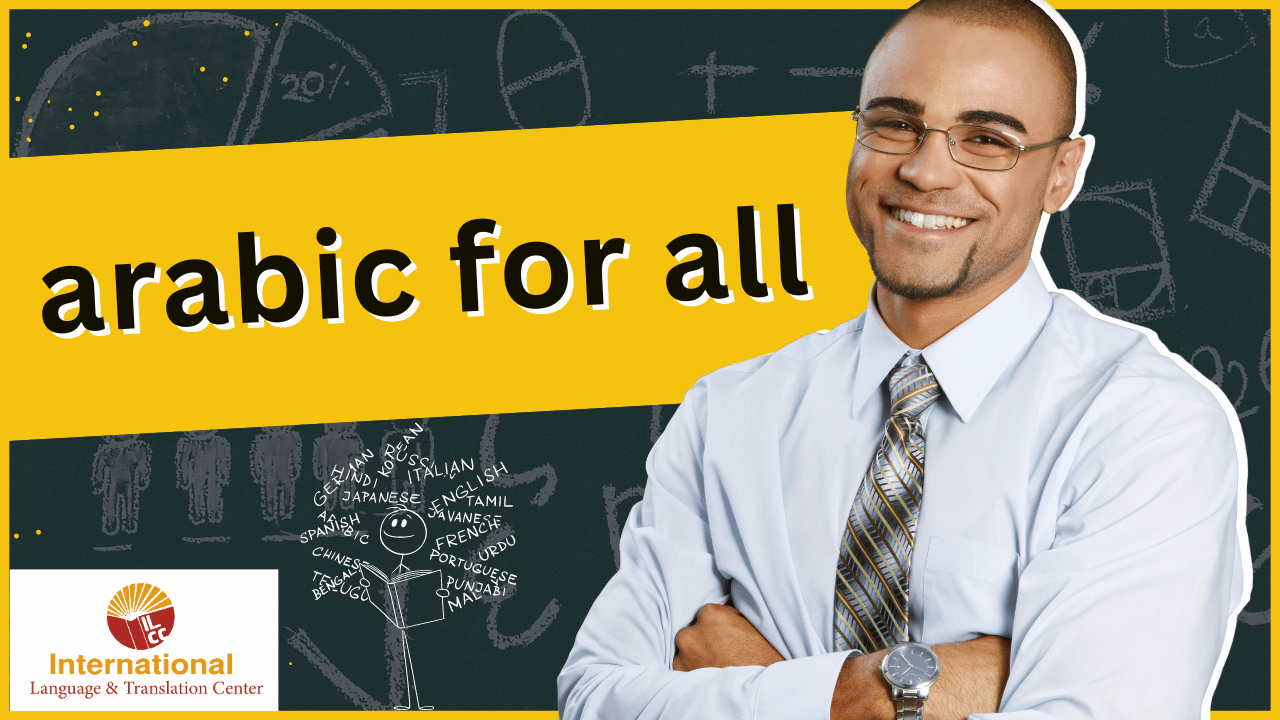Learn basic arabic words | Building Your Arabic Vocabulary
Through this article, we will present to you a way to learn basic Arabic words. Understanding and effectively using fundamental words in the Arabic language is crucial. They form the cornerstone upon which comprehension and proper, sustained learning of the language are built. In this article, we will explore the importance of learning basic words in Arabic and how it can help enhance and develop language skills.
Learning basic vocabulary in Arabic is not just a side task; it is a fundamental basis for understanding and effectively communicating in the language. These basic words constitute the essential tools upon which learners rely to comprehend texts and conversations and to express their ideas clearly and accurately.
To effectively learn basic vocabulary, learners must be aware of its importance and the appropriate methods for acquiring it. These methods may include actively reading various texts, using a dictionary to understand word meanings and expand vocabulary, and continuous practice of using new words in daily dialogues.
Furthermore, learning basic vocabulary can contribute to improving reading and listening comprehension skills, allowing learners to better understand content and interact with it more effectively.
In summary, learning basic vocabulary in Arabic is an essential and necessary step for those seeking to improve their skills in this language. These basic words represent the foundation upon which language understanding and usage are built with confidence and proficiency.
What are the basic words in the Arabic language?
Basic words in the Arabic language include those that new speakers learn in their early stages of language acquisition, which they need to understand simple texts and engage in basic communication. These words form the foundation of the language and are used frequently in daily life. Among the basic words in the Arabic language are:
- Personal pronouns: I, you, he, she, we, you (plural), they
- Basic verbs: eat, drink, go, come back, sleep, sit, read, write, doCommon nouns: house, tree, book, school, food, water, animal, sky
- Basic adjectives: big, small, beautiful, ugly, fast, slow, long, short, new, old
- Temporal adverbs: today, yesterday, tomorrow, now, later, before, after
- Prepositions and adverbs: in, on, under, above, beside, inside, outside, here, there, how, why, when
- Numbers: one, two, three, four, five, six, seven, eight, nine, ten
These are just examples of basic words in the Arabic language, and there are many other words that are considered fundamental and commonly used in daily life and general communication.
The importance of basic words in the Arabic language
The fundamental words in the Arabic language are considered a crucial element and cornerstone in building the language base and learning it correctly. They represent the basic vocabulary needed by new speakers to understand and communicate effectively in the language.
First and foremost, fundamental words facilitate beginners’ understanding of the Arabic language and the construction of simple sentences. They serve as the initial tools learners use to express their ideas and feelings directly and clearly.
Secondly, fundamental words are essential for comprehending written texts and oral conversations in Arabic. The more extensive an individual’s vocabulary, the better their ability to understand and engage with the content.
Thirdly, fundamental words play a significant role in developing other language skills such as listening, reading, writing, and speaking. As a person’s vocabulary expands, their ability to comprehend written texts and listen to conversations effectively improves, thus enhancing their Arabic language communication skills.
Fourthly, fundamental words serve as a gateway to understanding Arab culture more broadly. By learning fundamental words, learners can acquire a deeper understanding of the traditions, customs, and values in Arab societies, enabling them to interact with this culture more effectively and respectfully.
How can non-native speakers learn basic words?
There are several ways for non-native speakers to learn basic words in the Arabic language:
- Online courses and lessons: Many online courses and educational materials targeting beginners in learning Arabic can be found on the internet. These resources include lessons focusing on learning basic words along with interactive exercises and activities that enhance the student’s understanding and usage of words correctly.
- Smartphone applications: There are many applications dedicated to learning the Arabic language available on smartphones and tablets. These applications provide a variety of lessons and interactive activities that help users learn basic words and apply them in different contexts.
- Reading and listening: Non-native speakers can learn basic words by reading simple texts in Arabic such as short stories or simple articles, and listening to daily conversations in Arabic through videos or podcasts.
- Using a dictionary: Non-native speakers can use a dictionary to look up the meanings of new words and ways to use them in sentences, which helps them expand their vocabulary and understand the language better.
- Daily practice: Individuals who want to learn basic words in the Arabic language should practice using these words regularly in daily conversations and in writing sentences, where they can apply what they have learned and enhance their understanding of the language.
In short, learning basic words in the Arabic language requires commitment to regular learning and daily practice, and using a variety of available educational sources and tools.
ILCC
Discover the world of languages and translation with us!
Join us and explore the world of languages and translation with the highest quality and professionalism! On our website, we offer you a unique and distinctive learning experience that allows you to acquire new language skills with ease and enjoyment.
Our center is distinguished by a team of qualified and specialized language teachers who ensure that they provide personal and effective lessons that perfectly meet your needs. Whether you want to learn a new language or improve your current level, we are here to help you achieve your goals smoothly and effectively.
In addition, our website provides accurate and professional translation services, where our team works to provide high-quality and reliable translations in various fields. Whether you need to translate official documents, marketing content, or scientific articles, you can rely on us to provide translation services with the highest standards of quality and accuracy.
On our website, we combine comprehensive language education and distinguished translation services to provide you with a unique and distinctive learning experience. Join us now and start your journey in the world of languages and translation with confidence and determination.
You can contact us on WhatsApp from here → ILCC.
conclusion
In conclusion, there is no doubt that learning the basic words in the Arabic language is a valuable investment for those seeking to understand and communicate confidently and effectively in this language. Basic words form the foundation upon which understanding and using the language correctly and effectively are built.
As a gateway to the world of Arab culture, basic words for beginners are a key to understanding the traditions, customs, and values in Arabic-speaking societies, as Arabic is one of the most widely spoken languages in the world. By investing time and effort in learning these words, individuals can achieve significant development in their language skills and general culture.
Therefore, let us challenge ourselves together on a journey to learn the basic words in the Arabic language. Let’s make it moments of fun and discovery, and let’s give ourselves the opportunity to acquire new skills that enrich our lives and open doors for us to communicate and interact with the Arab world more broadly. Learning is not just a matter of effort, but it is an investment in ourselves and in our future.








